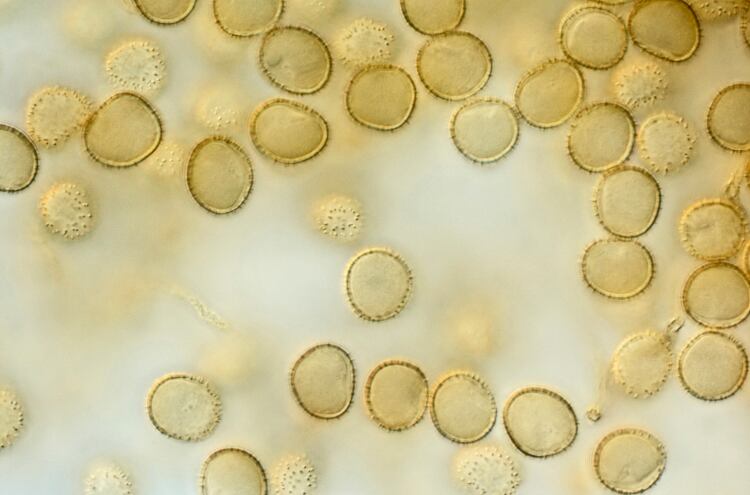The presence and survival of such spores in dairy powders can cause spoilage of UHT-treated reconstituted liquid products. The study, published in the International Journal of Dairy Technology, provides tools to standardize tests and enables improved interpretation of spore count test results, in relation to spoilage risks in UHT dairy products.
Many methods are in use to detect heat-resistant bacterial spores in milk powders. Potentially different outcomes resulting from the application of different methods can lead to disputes between producers of milk powder and their customers, for instance, producers of UHT milk.
This is why scientists evaluated various methods commonly used in the food industry to enumerate heat-resistant spores in milk powders. They compared the most efficient and practical approach with the current ISO method for Enumeration of Specially Heat-Resistant Spores of thermophilic bacteria in Dried Milk (ISO/TS27265; 2009).
It was found that application of the Consortium method provides similar predictability of spoilage of reconstituted UHT-treated milk as the ISO approach, provided that specifications of spores in milk powders are 10-fold higher (e.g. 1000 cfu/g when using the Consortium approach and 100 cfu/g when using the ISO approach).
The major advantage is that the Consortium method includes heating for 30 minutes at 100°C. This is much more practical than heating at 106°C, which is in compliance with ISO TS27265; 2009, but requires special apparatus not commonly available.
The continued use of multiple enumeration methods, and subsequent differences in results and interpretations poses challenges in global trade. Robyn Eijlander, senior project manager Microbiomics and Food Safety at NIZO, said, “This study presents practical tools for the detection and enumeration of highly heat-resistant spores. This allows for harmonization of the interpretation of spore concentrations in dried milk within the entire dairy industry, which helps to avoid disputes between producers and customers. Furthermore, the results improve our insights into the prediction of spoilage of reconstituted UHT-treated liquid dairy products”.
The Spores Consortium Initiative
Spores are a primary concern for the food industry: due to their potential high heat-resistant properties, they are the number one cause of spoilage of a wide range of processed foods. In 2013, the Spores Consortium Initiative was launched to reach consensus on the use of the method mentioned above. Together with partners in the food industry, scientists from NIZO have now expanded the Consortium to cocoa powders and plan to address similar issues in various other non-dairy powders, such as soy and pea protein concentrates.
NIZO principal scientist food safety, Dr Marjon Wells-Bennik, will present the work at the American Dairy Science Association (ADSA) Annual Meeting (June 23-26, Cincinnati, Ohio).
An interview with Eijlander will be part of this week's Dairy Dialog podcast.
Source: Journal of Dairy Technology
Spores in dairy – new insights in detection, enumeration and risk assessment
Authors: Robyn T Eijlander, Rina van Hekezen, Annie Bienvenue, Victoria Girard, Erik Hoornstra, Nicholas B Johnson, Rolf Meyer, Arjen Wagendorp, Donald C Walker, Marjon H J Wells‐Bennik
https://doi.org/10.1111/1471-0307.12586

